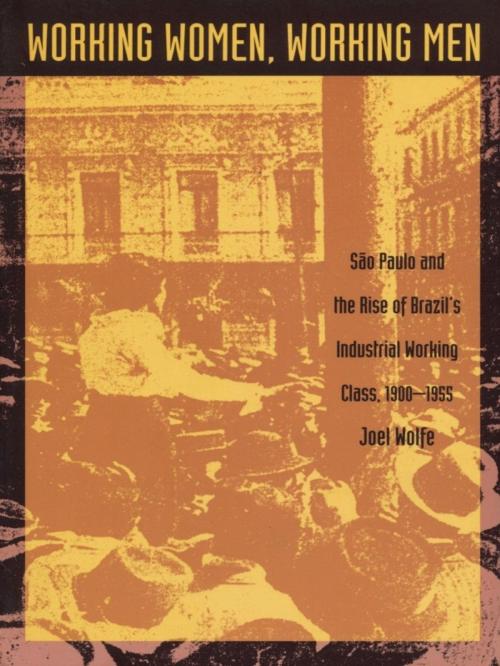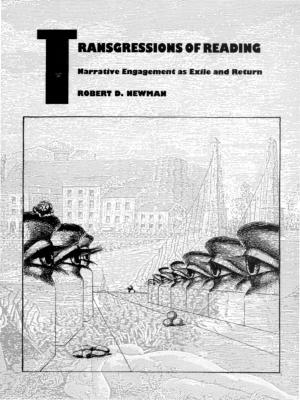Working Women, Working Men
Sao Paulo & the Rise of Brazil’s Industrial Working Class, 1900–1955
Nonfiction, Social & Cultural Studies, Social Science, Cultural Studies, Minority Studies, History, Americas, South America| Author: | Joel Wolfe | ISBN: | 9780822379812 |
| Publisher: | Duke University Press | Publication: | May 28, 1993 |
| Imprint: | Duke University Press Books | Language: | English |
| Author: | Joel Wolfe |
| ISBN: | 9780822379812 |
| Publisher: | Duke University Press |
| Publication: | May 28, 1993 |
| Imprint: | Duke University Press Books |
| Language: | English |
In Working Women, Working Men, Joel Wolfe traces the complex historical development of the working class in Sào Paulo, Brazil, Latin America's largest industrial center. He studies the way in which Sào Paulo's working men and women experienced Brazil's industrialization, their struggles to gain control over their lives within a highly authoritarian political system, and their rise to political prominence in the first half of the twentieth century.
Drawing on a diverse range of sources—oral histories along with union, industry, and government archival materials—Wolfe's account focuses not only on labor leaders and formal Left groups, but considers the impact of grassroots workers' movements as well. He pays particular attention to the role of gender in the often-contested relations between leadership groups and thee rank and file. Wolfe's analysis illuminates how various class and gender ideologies influenced the development of unions, industrialists' strategies, and rank-and-file organizing and protest activities.
This study reveals how workers in Sào Paulo maintained a local grassroots social movement that, by the mid–1950s, succeeded in seizing control of Brazil's state-run official unions. By examining the actions of these workers in their rise to political prominence in the 1940s and 1950s, this book provides a new understanding of the sources and development of populist politics in Brazil.
In Working Women, Working Men, Joel Wolfe traces the complex historical development of the working class in Sào Paulo, Brazil, Latin America's largest industrial center. He studies the way in which Sào Paulo's working men and women experienced Brazil's industrialization, their struggles to gain control over their lives within a highly authoritarian political system, and their rise to political prominence in the first half of the twentieth century.
Drawing on a diverse range of sources—oral histories along with union, industry, and government archival materials—Wolfe's account focuses not only on labor leaders and formal Left groups, but considers the impact of grassroots workers' movements as well. He pays particular attention to the role of gender in the often-contested relations between leadership groups and thee rank and file. Wolfe's analysis illuminates how various class and gender ideologies influenced the development of unions, industrialists' strategies, and rank-and-file organizing and protest activities.
This study reveals how workers in Sào Paulo maintained a local grassroots social movement that, by the mid–1950s, succeeded in seizing control of Brazil's state-run official unions. By examining the actions of these workers in their rise to political prominence in the 1940s and 1950s, this book provides a new understanding of the sources and development of populist politics in Brazil.















